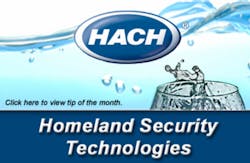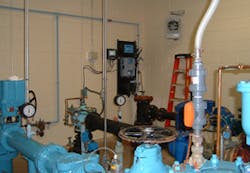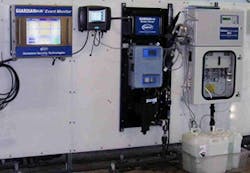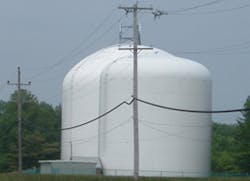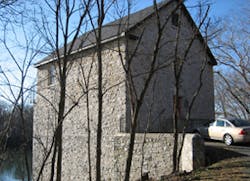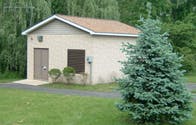Being responsible for monitoring drinking water can be an overwhelming job. Organizing staff to monitor activities from source water to distribution water, managing massive amounts of data coming from monitoring stations, and dealing with a retiring workforce that "just knows" what to do can be difficult. Taken in a bit by bit approach, monitoring water quality and security from source to tap can be a reality for your organization.
Top 4 things to do:
- Sensors provide information to start understanding what the water looks coming into your plant.
- Source Water – Optimize coagulation feed, detect intrusions from other sources and protect the infrastructure of the drinking water treatment plant.
- Distribution Water – Understand your baseline data, detect cross connections, chemical overfeeds, understand the hydraulic model.
The information from CityGuard will help you:
- Visualize affected areas
- Accelerate public health response
- Minimize damage to populations and infrastructure
- Optimize operations
- Reduce the cost of remediation
- Restore public water services more quickly
For more information please visit:
http://hachhst.com/applications/monitoring-water-quality-and-security-in-distribution-system
or contact Sarah Voss at [email protected].
About the Author
Sign up for our eNewsletters
Get the latest news and updates
